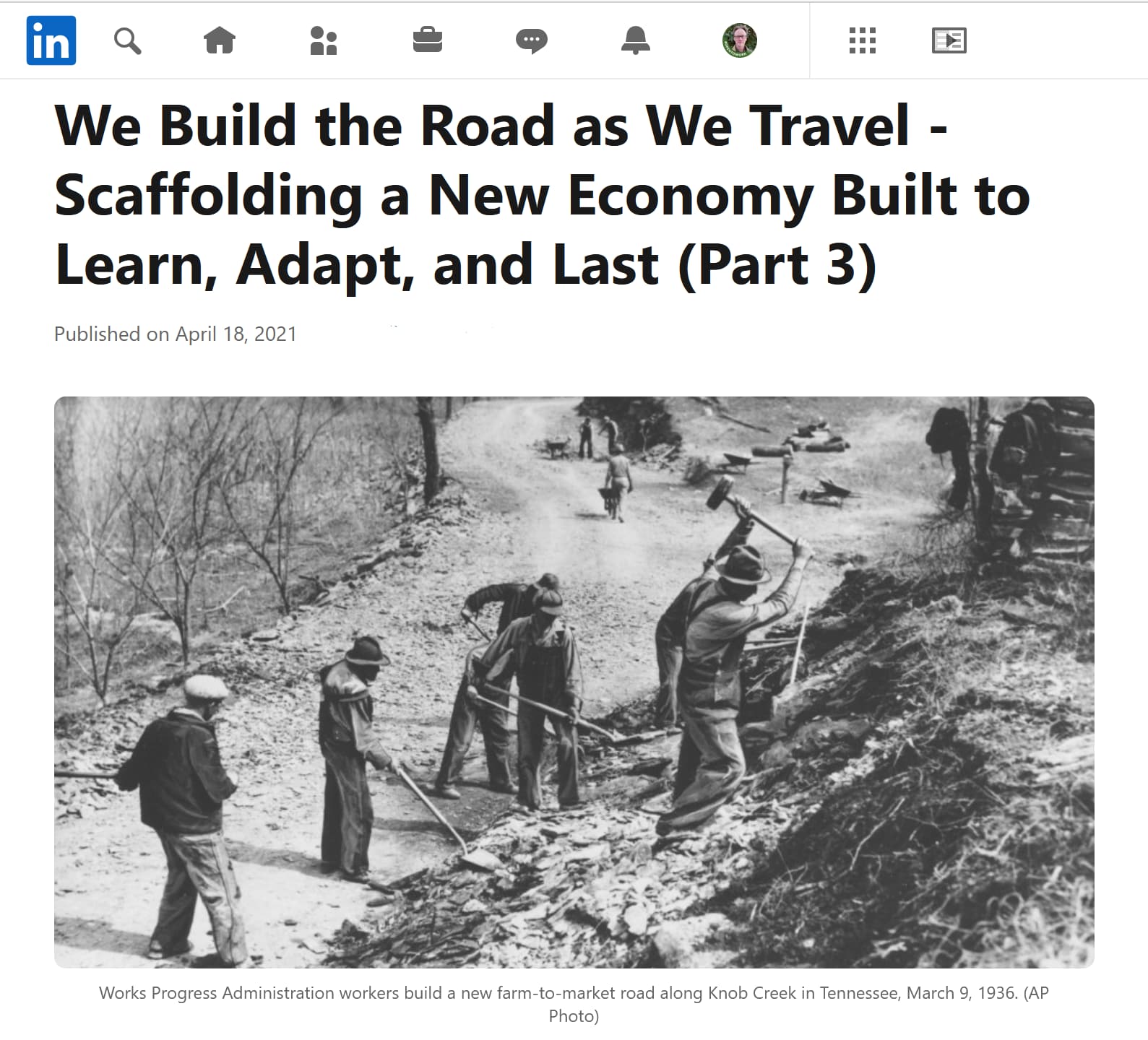@Shreya - communication with farmers in different areas of the world
@johnnybroadturn - farmer, involved in Farmer-to-Farmer program
@courtney.king - fear in the word data, building trust among users when just learning the terminology, trust in methods when they are kept private
Pablo - storytelling
@mushi-shi - understanding to build trust
@sezuco - supporting people in their understanding and interpretation, accessibility
@sudokita - “framework for trust” that defines trust in the data and process, agency and ownership, transparency and accountability, privacy and trust literature to start to think about operationalizing trust, don’t want to just talk about theory
@ljodom - how can we improve adoption of tools and so much of that is based on trust, not being prescriptive, barriers to trust in collaboration (especially where there is competition)
@ElizabethVaughan - land steward, works directly with farmers in accessing tech, basic tech and data literacy courses
@laurieWayne - “technology is the neighborhood where you’re going to get mugged if you go there,” fear as the opposite of trust
Literacy as a tool to build trust
Different frameworks we can use, but at the end of the day we are all human
Group Trust falls - impressions first, idea of supporting each other
Even though pillows were removed, provided backup support for the catchers; when it came to falling, felt supported, someone’s hand as a telling sign they were there, felt secure
Being part of the process and see each other coordinate allowed fallers to understand how it was going to be done, learned from example, didn’t occur that we would make a mistake, responsibility and accountability, connections made previously but also in the past days
Would be curious if you did an experiment where you sent a person outside during the process, would they feel as comfortable falling
Or if they were blindfolded
Liked Elizabeth bringing her gymnastics experience in to make a suggestion - subject matter expert
Someone had a bad past experience, had to just close their eyes and not think of the logic, take a risk
Would we trust if we weren’t in the trust group?
Someone thought they trusted but still did a “trial run”
Understand when you don’t have to be there to help, everybody was responsible
Someone trusted themself to catch but not to fall, was not comfortable falling based on the makeup of the group
Accessibility, trust among groups that are different
Whether someone is “easy to catch”
Would gesture to the heterogeneity of the catchers, felt guilty afterwards for “egging people on” as a risk taker trying to make the experience more exciting for others
Put the fallers didn’t perceive it that, felt comfortable hearing the suggestion
John noted he is here because he’s a risk taker, but those who aren’t in the farming community aren’t at this conversation
Once we had seen the process worked and we knew we were capable, thought we could take on a more challenging person, scaling, start where you know you’re going to succeed
Shreya repeated notes and prompted us to think about communities we work with
Something missing about how do you repair trust, those people might need someone to acknowledge certain experiences and build something different for them, trust repair and healing
Understanding where you are extra, learning from mistakes
Trying from different angles to build trust
Sometimes it is just unsafe, trust your instincts, allow someome to tell you when something is unsafe (connection to what is good, what is useful), don’t know what causes harm in different communities, sometimes you don’t build a registry of farm workers because many are undocumented
Is storytelling to build trust or build value? Many farmers have been happy to help and share stories, but haven’t worked with US farmers yet, data sovereignty needs to be very clear
Two additional points: demonstrating real benefit and having your voice heard
Each wrote the work “welcome” in a different language
Comfort and excitement when we could recognize a language we know or is similar to one we know
Might be uncomfortable or glance over languages we don’t know, especially if a different alphabet → something else to learn
Vernacular vs. written, dialects, slight adjustments when you’re going between regions
Lots of emotion attached to being able to speak the same language, excitement and welcoming
Discussed challenges and successes we’ve had
Ankita: list of plants seemed straightforward but complicated by regional names, colloquial names, synonyms, varieties, translation and other languages
John: farmer-to-farmer, peer-to-peer, seeing an evolution of a movement towards tool adoption and shifting processes, even farmers who sit at the outside of the circle are part of the progress, think about dialogue and back-and-forth; with US-AID works with a translator, and brings his status as a farmer (literally showing his calluses) forefront to build trust
Shreya: who is the messenger, if they are like you, is a part of part of building trust; videos in different languages
LaKisha: if you want to reach out to certain people, tools like social media are useful, how does who you’re talking to influence that (how they would be receptive, not how you think message should be transmitted)
John - code switching, what can I do for you
Ankita: translation not just literal but conceptual, knit together different communities and types of learning that differ (scientists, farmers, indigenous communities)
Elizabeth: a more complicated process that people realize, not just translating words directly but they need to understand agricultural terms
Ankita: felt in the last she needed to “sound like she knew what she is talking about,” but now coming at a place of vulnerability and mutual learning
John: human-to-human
Sienna: importance of acknowledging we are learning from each other each time we engage, continuous feedback
